it’s episode #7 of the auditionhacker podcast, and i’ll go over:
how i spent 6 months perfecting the 12 delécluse études,
the special strategy i used in preparation, called “the magical shrinking self-recording workflow”,
how preparation needs to be structured for a recording vs. a live audition, and
my best tips and strategies to make a recording session go smoothly.
it’s episode #6 of the auditionhacker podcast, and i’m going over:
the legendary and now-defunct practice of challenges,
adopting the olympian mindset as a musician, and
the most accurate indicator of future audition success.
i've worked with hundreds of musicians on audition preparation. and nothing - NOTHING - has been as effective and life-changing as when they start self-recording the right way.
imprecise rhythm is something that can get you cut from an audition IMMEDIATELY (regardless of your instrument). and great rhythm is something that an audition committee can sense, both consciously and subconsciously. hearing someone play in the pocket just feels good.
well, i have a few tricks up my sleeve to straighten out my rhythm, and today i'm sharing one of the most effective strategies.
in today's episode, i'll go over:
my audition journey and how i ended up winning the met opera job,
3 of my favorite audition hacks, and
the one thing that's so much more meaningful than the result of the audition.
things i do on audition day:
warm up by playing on the hotel pillow,
watch vast amounts of tv shows on my phone, and
never drink coffee.
when i was in detroit in february i got to interview three great DSO musicians on how they approach audition day. pretty fascinating to see how their approaches are so different from each other.
i’m endlessly fascinated with how musicians practice (as you know). so i was fortunate to talk to augustin hadelich, international violin soloist, about how he gets ready to play a different concerto with a different orchestra every week.
one way that i keep myself sane is to make a practice schedule and keep it up to date. you can use paper and pencil, a word document, evernote, or a wall. in today’s video i explain how to get it set up.
i’ve been getting lots of messages from people having trouble finding motivation or direction now that they’re at home all day. i’ve been dealing with the same issues, but i’m finally out of the funk.
so i made a video about how to get motivated and set practice goals (during coronapause). check it out.
this is an interview with nathan hughes, principal oboist of the metropolitan opera and faculty at juilliard. he has to practice and make reeds… every day. anyone who wonders how to balance the artistry and the project management of being a musician should watch this.
some days i’ll feel good about my playing. but some days i'll walk into the opera pit and question whether i really deserve to be there.
i’ll think <with an extremely fred savage from the wonder years voice>, “i wonder how i ended up here. oh well, i guess i’ll pretend to be a professional musician and play the triangle again today.”
it’s called imposter syndrome.
but just because you experience imposter syndrome doesn’t mean there’s something wrong with you. problems are figureoutable. anything you’re lacking as a musician is something that can be analyzed, addressed, and eventually solved.
in today’s video i’d like to tell you about my experience with imposter syndrome, and how i’ve worked to overcome it.
i’m showing you how you can sneak a recording device into your next audition. i’m not totally clear *why* orchestras sometimes don’t let you record… but it’s the most important piece of data you can take from the experience. it’s one of the rare times that i recommend breaking the audition rules.
i’m very excited to be releasing today’s interview with sheryl staples of the new york philharmonic. she has one of the most thoughtful and well-rounded practice routines and all instrumentalists (not just violinists) should watch this.
if you want to compete in an olympic level sport like professional orchestra auditions, you need to find a way to be maximally productive… even when you’re exhausted.
you can’t just "practice harder” and expect a better result. here’s a 5-step method you can use to build a better audition preparation process.
some audition comments are confusing. some are useless. and sometimes a comment is downright devastating.
mock auditions are an essential part of the audition preparation process. but just doing mocks isn’t going to solve all your problems.
it’s all in the details. exactly how you carry out a mock audition will affect what kind of performance benefit you see from it. today’s video is about 3 of the most common mistakes that i see musicians make in mocks.
sometimes it takes an odd strategy to prepare and win one of the biggest timpani auditions on earth.
what gives you a better shot of passing the tape round of an audition: sending in an all-natural, unedited tape, or doing some editing and submitting an artificially enhanced tape? and if you do edit your audition tape, is it cheating?
did you know that 12-year-olds in new york city prepare for a test more methodically than most musicians prepare for professional auditions?
our brand new one-week mini-course is live. here’s the entire first training video, called 'how to make your audition preparation plan.’
attending orchestra concerts is something that, over a period of years, can transform the way you speak the language of music.


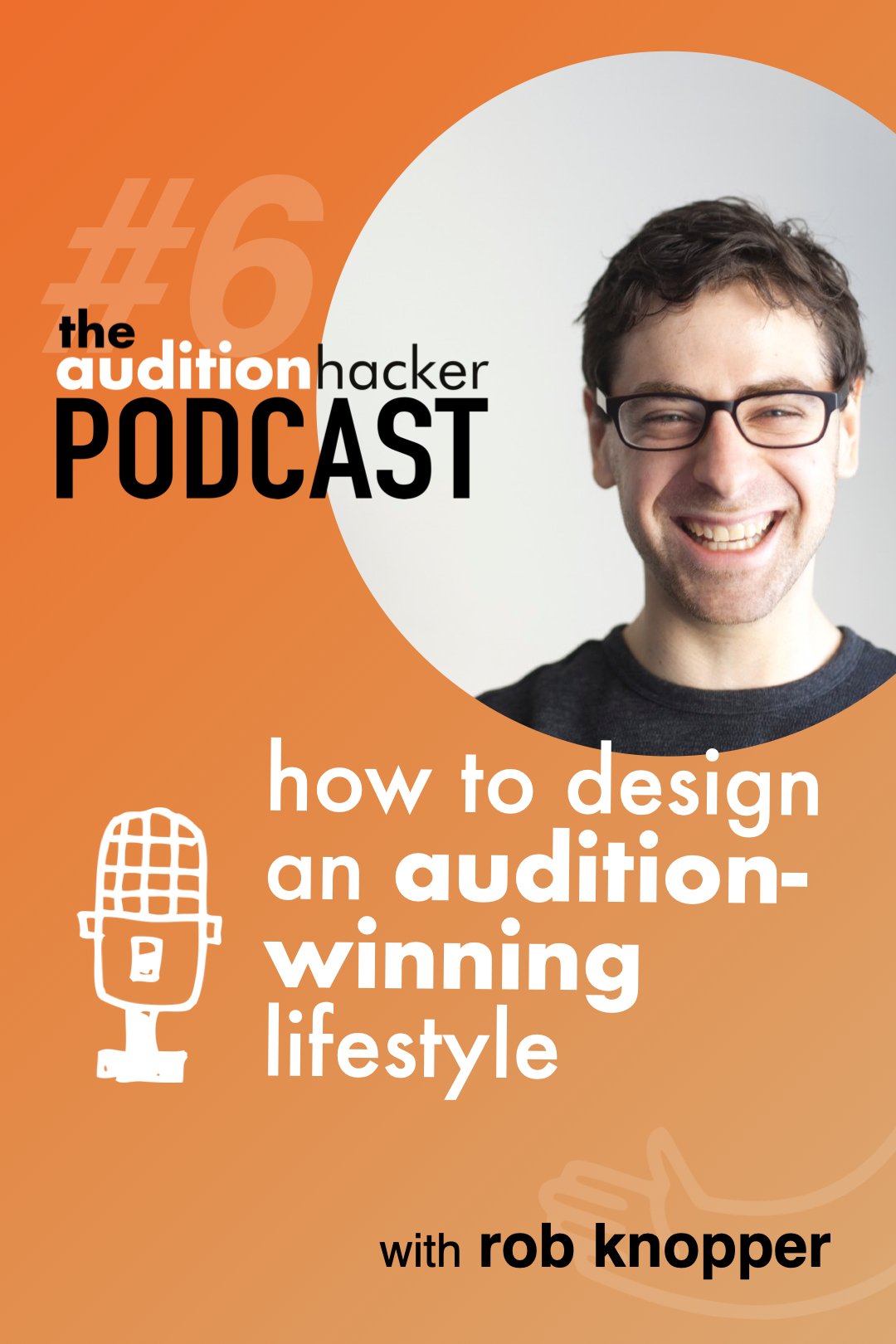

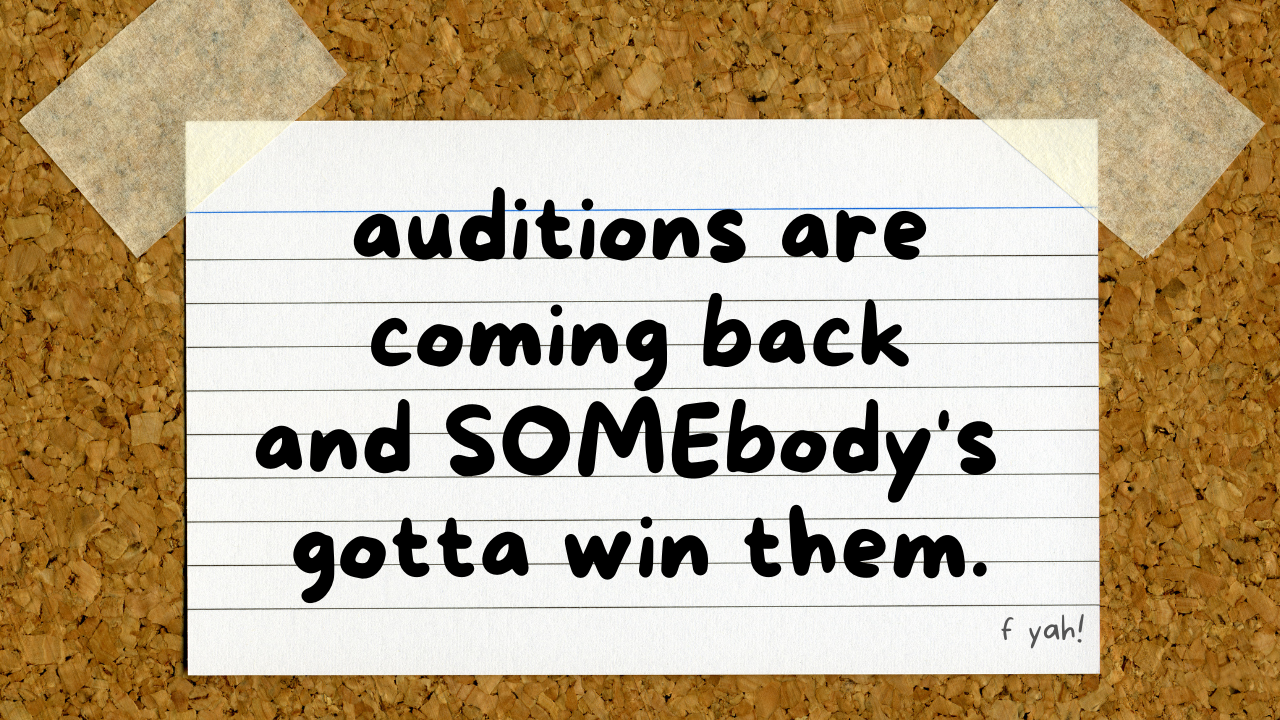

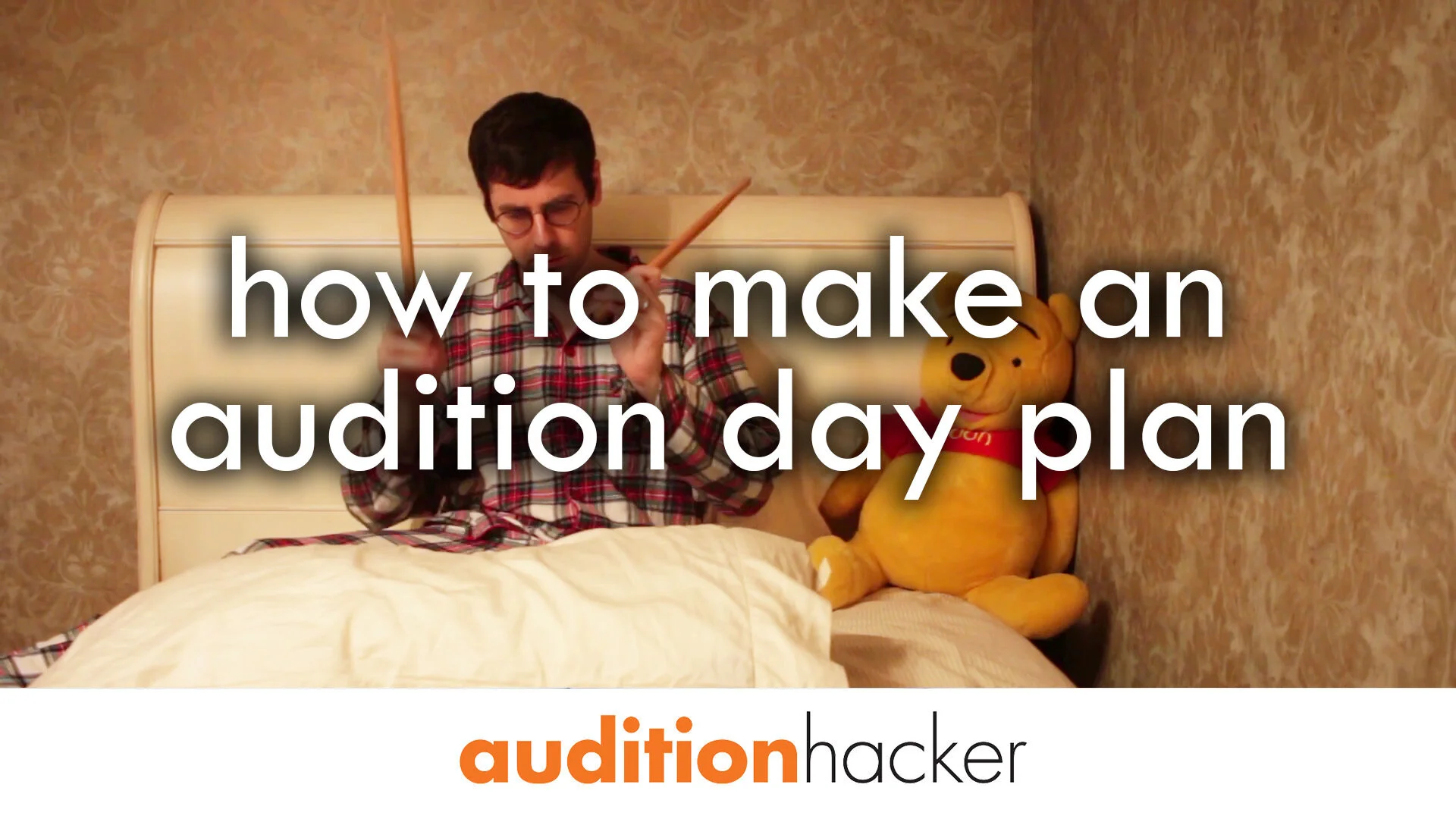








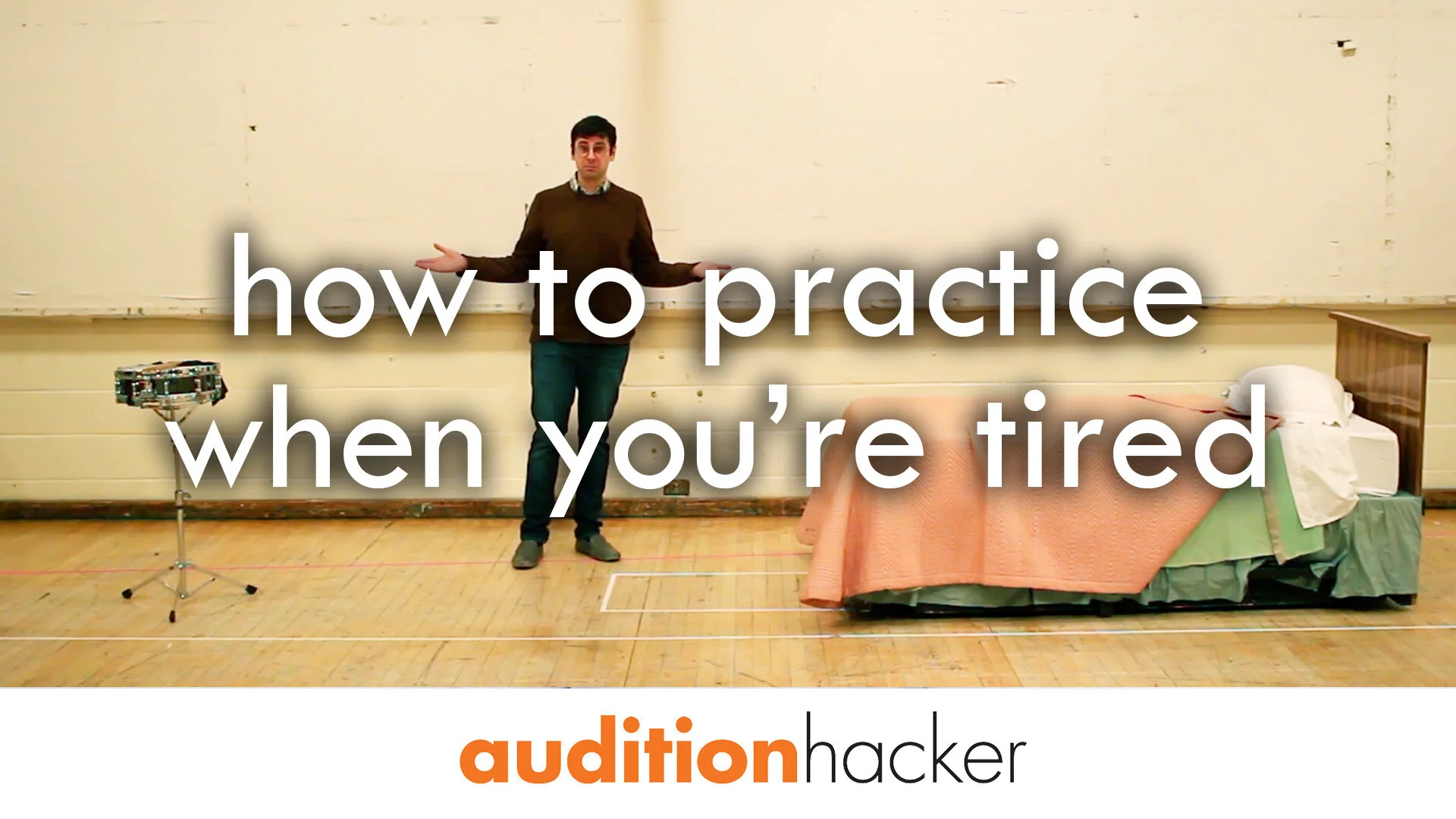




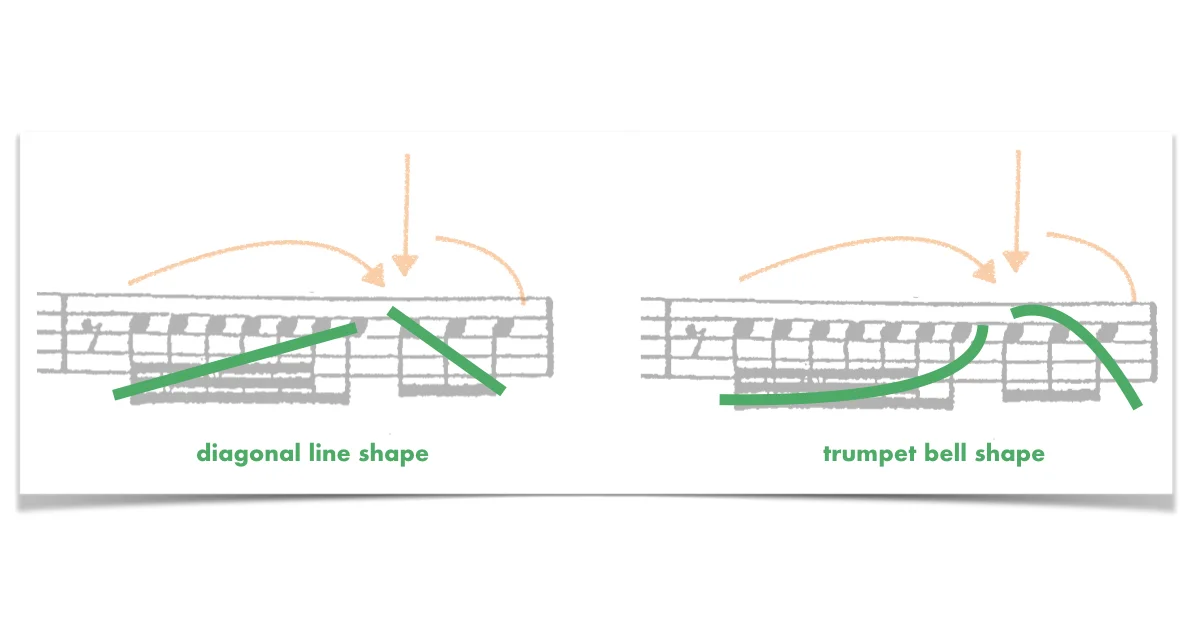








it's episode #8 of the auditionhacker podcast, and i'll go over my best methods for getting better feedback.